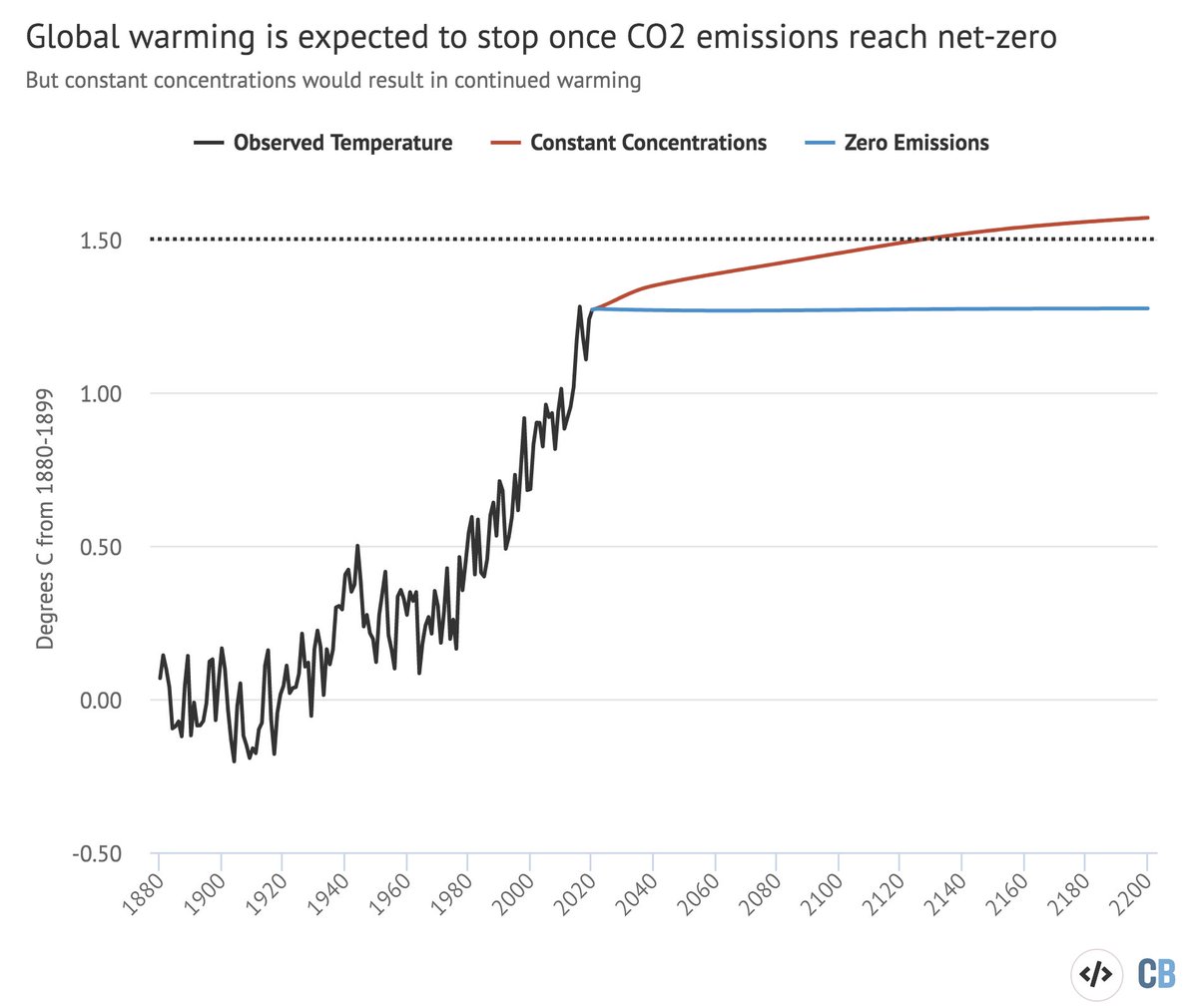
I missed quite the climate twitter drama, being offline over the weekend.
I'll just say that while I disagree that ~ half of emissions reductions need to come from tech that we don’t yet have, theres a case to be made that > 50% needs to come from tech that is not mature today.
I'll just say that while I disagree that ~ half of emissions reductions need to come from tech that we don’t yet have, theres a case to be made that > 50% needs to come from tech that is not mature today.

Debates around mitigation are often framed as a choice between mature technologies today and future innovations. In reality we need to do both; to deploy what is cost-effective today, and to invest in range of solutions needed to tackle hard-to-decarbonize parts of economy.
I suppose a lot of the debate about Kerry's statement comes down to how you interpret "technologies that we don’t yet have". It doesn't help that the Guardian changed that to "technologies that have not yet been invented"...
We also tend to conflate the power sector (where we have a lot of mature tech) with the rest of the economy (where we have less). Industrial heat, aviation, freight, agriculture, etc. all have less mature solutions available today.
For more, see part 3 of my recent congressional testimony: science.house.gov/imo/media/doc/… 

Also, before people complain about using the IEA as a source for how much additional technology is needed beyond what is mature today, bear in mind that they are a lot more bullish on wind/solar (and bearish on biofuels/CCS/NETs) than IAMs used by the IPCC
https://twitter.com/DrSimEvans/status/1393153921070379009
• • •
Missing some Tweet in this thread? You can try to
force a refresh






